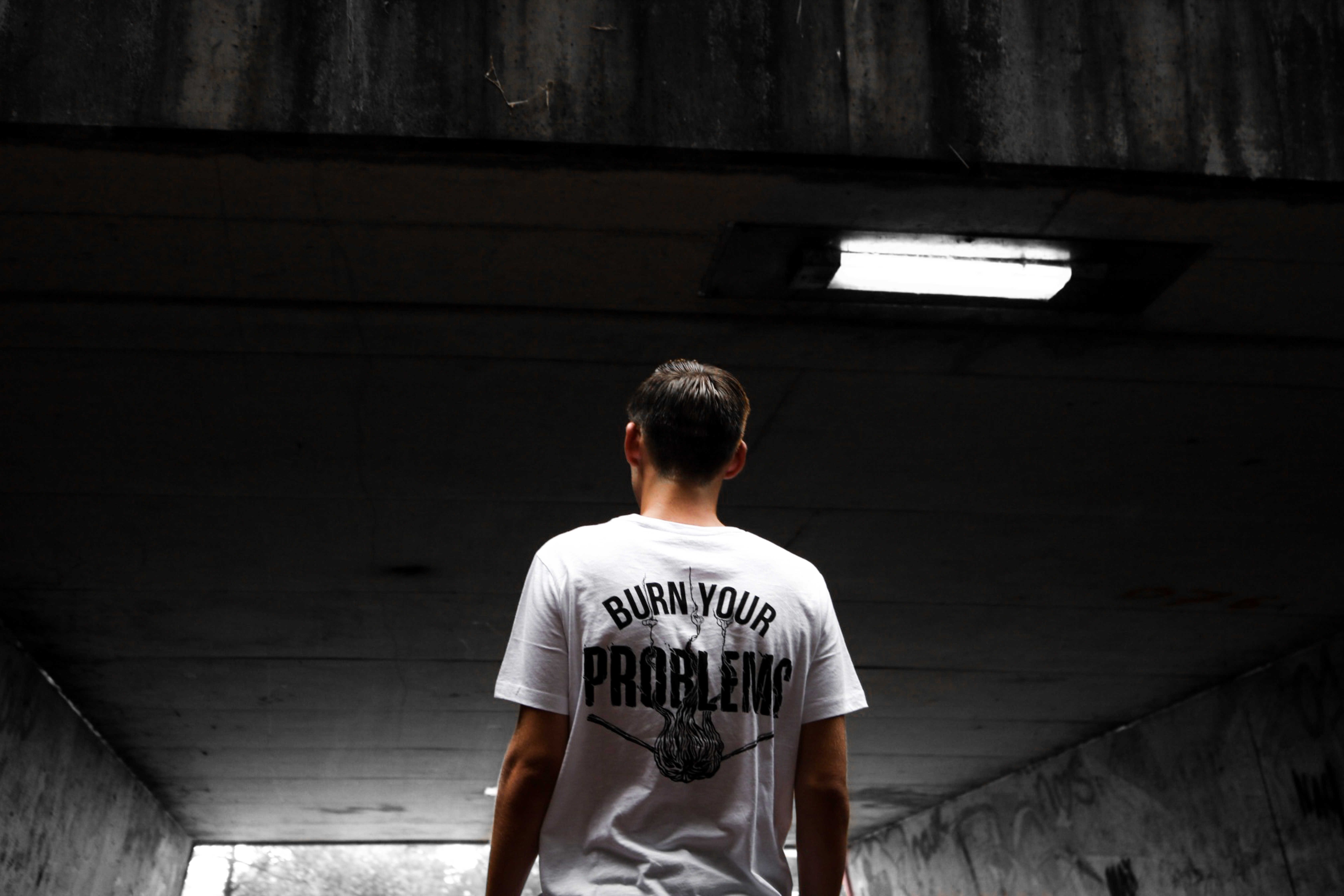Every Parent Needs to Recognize Drug Addict Behavior Traits
A 2018 report found that almost 48% of teenagers reported trying illicit drugs at some point. And it’s important to note that 9/10 drug addicts who end up as addicts started smoking, drinking, or using drugs by the age of 18. So it’s important to catch drug addict behavior traits early on while there’s still time to offer support.
Unfortunately, identifying teen drug addiction can be difficult. For starters, many of the signs and symptoms — mood, weight, and grade changes — are often present in normal teens, as well. Different drugs can have different effects, so symptoms can vary.
Because there are many different causes of addiction, it’s hard to know if your teen is at risk. If he or she displays several of the following signs and symptoms, he or she may have a drug addiction problem.
Financial Problems or Stealing
Drug addiction isn’t free: even adult drug addicts have trouble financing their habit. So, if you notice your teen searching for more ways to make money without anything new to show for it, they might be spending it on drugs.
If you notice money or valuables around the house going missing, someone might be taking them to finance their addiction. But don’t jump to conclusions; someone else might be responsible or these items might be misplaced. Unless you notice several signs of possible addiction, wait before you act.
Suddenly Becoming More Extroverted or More Introverted
This one can be difficult to pin down because many teens will experience personality shifts during their high school years. When paired with some of the other things on this list, it could be a sign of drug addiction.
Sudden and forced extroversion can be a sign of problems with drugs. If they start hanging out with a group that seems troublesome, they may have formed a bond over their shared habits. Likewise, unexpected introversion could be a sign of drug addiction. He or she may be isolating themselves to hide his or her drug use. Of course, this can also be a symptom of depression or anxiety.
The drug addiction treatment center for teens in Georgia can help to identify and address these underlying mental health conditions. This center is equipped with professionals who specialize in treating teenage drug addiction and can provide the necessary support and care.
His or Her Grades are Rapidly Changing
If your teen is suddenly failing all of his or her classes, it may be the result of drug addiction. They also might skip class to participate in drug use with friends. However, failing classes can also be a sign of a learning disorder or psychological problem, so be careful.
Additionally, not all drug addicts do worse in school — if your teen goes to a competitive school, he or she may be taking Ritalin or Adderall to keep up. Out-of-the-ordinary improvement in his or her grades can also be a sign of drug addiction. Of course, be careful — you don’t want to discourage these habits if they are not drug-related.
Drug Addict Behavior Traits Include Behavioral Changes
Again, brooding teenagers are natural, so it can be hard to pinpoint if this is a teen issue or a drug addict behavior trait. But frequent mood swings over an extended period of time may be the sign of opioid addiction. Sudden positive mood shifts may be the result of drugs, and sudden negative mood shifts may signal withdrawals.
Becoming Secretive and Evasive
Do you notice your teen often evades answering questions? Or have they become much more protective of his or her private space? This, too, might be a drug addict behavior trait. If your teen may become secretive, isolated, and defensive, a drug problem could be to blame. If you notice your teen start to clean his or her room or laundry to keep you far away from his or her room, you might have reason to be suspicious.
Neglecting His or Her Social Activities or Responsibilities
With any drug addiction, priorities are shifted, and the individual will tend to focus more on getting and doing drugs and less on fulfilling his or her obligations and responsibilities. If he or she used to be reliable but suddenly is unable to keep track of deadlines, drug addiction may be to blame.
Your teen may also lose interest in hobbies or quit after-school activities. Again, this could be a sign of something else (depression, anxiety, etc.), but in tandem with the other items on this list, it may indicate something more sinister. And don’t forget that self-medicating for psychiatric disorders is common. Even if drugs aren’t the problem, getting your teen help should be your utmost concern.
Rapid Weight Changes
Again, weight fluctuations are a typical sign of maturation. But if you notice changes far too rapid to be natural, it can be a sign of drug addiction. After all, substance abuse has a huge effect on appetite.
So, if you notice your teen eating too much or too little, it’s time to get help. Even if it isn’t drug-related, you want to help manage any eating disorder. Make sure that these changes are frequent and rapid, as they could result from their changing body.
Don’t Be Afraid to Get Them Help!
Now that we’ve covered drug addict behavior traits, you should have no problem indicating if your teen has some type of addiction problem. Remember, there’s no shame in getting your teen treatment for his or her drug addiction.
Family roles are essential in addiction recovery, so your teen is going to need your support. Check out our blog post to learn more about what you can do to help your teen recover from his or her addiction.




















